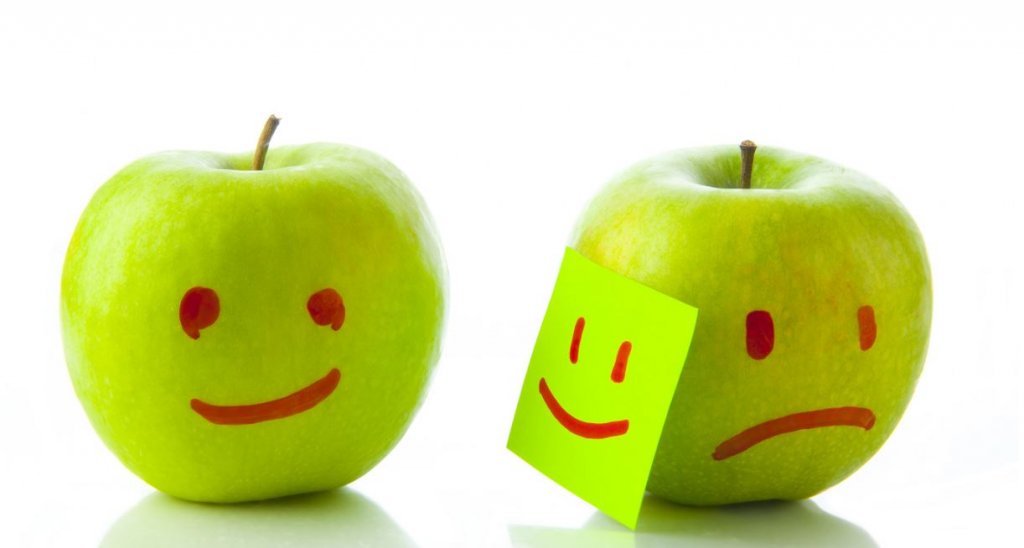Nobody Has the Right to Judge My Feelings

Nobody has the right to judge my feelings…especially when we have all at some point felt sad without tears or happy with teary eyes. We have all at some point tried to lead a normal life when our heart was broken into a million pieces. And there’s nothing wrong with that. However, at times we bump into the message that we are feeling something different than what we should be. That’s when the sensation of guilt appears.
It’s as if certain situations were so characteristic of a set of emotions that they seem to become imposed. For example, childbirth is associated by the general public with joy. A new life, a reason to smile. The end of a 9-month wait. However, people who have previous experience attending to births know that childbirth is not always followed by the expression of joy on the mother’s face.
The same goes for funerals and death. In western society, the passing of someone you love is associated with sadness. We understand that the logical thing is for tears, serious faces and manifestations of pain to be present. However, this doesn’t hold true for every culture. Then, maybe this way of feeling about a loss is not as natural as we have been taught.
…because nobody has the right to judge our feelings.

Emotions and defense mechanisms
Specialists who have helped the family members of people who have unfortunately suddenly passed away (traffic accident, natural catastrophe, terrorist attack, etc.) say that many people are in shock. The emotional impact they received was such that they have defended themselves by blocking off any emotion.
In fact, these people would like to cry and liberate everything they feel like they are holding back. But they can’t overcome that defense mechanism they have set up themselves.
Surely you hit your knee at some point in your life with a sharp object, like a bed or table. A moment goes by between the second you feel the blow and when you start feeling the pain. A moment in which you prepare yourself mentally for the pain that is to come. Well, something similar happens in these situations. The blow of the loss occurs, but the pain has yet to arrive. Instead, these people simply feel a void, an emptiness which generates guilt and fear at the same time.
Another way in which pain isn’t felt or seems dissociated is when we activate denial. Denying this loss automatically eliminates the conscious part of the grief. It’s easy for these people to cry over a dropped plate or because they are running five minutes late. But, it will never be for the real source of the pain, because they are displacing it.
Missing sadness, expected emotions
As we were saying before with the childbirth example, sadness isn’t the only emotion that can be absent when you least expect it. It can also happen with emotions on the positive side of the spectrum, such as joy. Think about that dream you fought so hard to achieve, the one you dedicated so much time to. Upon its accomplishment, you might feel very happy. Yet, there’s also a big chance you will feel a form of void or even sadness.
Desire hides a paradox in which a large part of the philosophic pessimism of the 20th century is based on: when desire is met or satisfied, then it dies or reduces.
In turn, this provokes a state of tension which makes joy flee. It is replaced with uncertainty that is very hard to stand. Where will they be? What will they do? Will they love me more or less than they did an hour ago?

Nobody has the right to judge us for our emotions
It wouldn’t matter that this dissonance exists between the expected and what we felt if it wasn’t for the great feeling of guilt that it produces in some people. Someone who doesn’t cry over the loss of a loved one tends to feel very guilty. A mother who doesn’t identify within her an overwhelming sense of joy over becoming a mother can feel it as well.
Another complement that’s equally as harmful for these situations, and which can add to the guilt, is that this person doesn’t feel human. They might even think that they don’t feel sadness because they’re actually a psychopath. A person with no feelings, with everything this implies.
Comments of the social nature usually tend not to help. Around a newborn there tend to be a group of “substitute mothers” who think that they possess the wisdom to dictate how a child must be taken care of during their first months of life. Their help is actually a great support if it is administered well. Yet, when it is mismanaged, it turns into a stone that can sink the mother’s self-esteem to awful depths.
Imposed guilt
Others can also make comments to criticize the times we don’t feel sad. It happens, for example, when someone suffers through the loss of a loved one, and throughout the battle to continue with their lives they have to hear certain phrases. “You said you loved them so much, and you’re off partying two days later.” “You didn’t love them as much as me if you can simply go to work the next day.” These phrases are so profoundly unfair and are often said in such insensitive ways…forgetting the fact that nobody has the right to judge us for how we feel.
One way or another, our emotional world is very sensitive to our individual and particular conditions. Thus, no one has the right, including ourselves, to judge us for what we feel. Keep in mind that emotions don’t make us better or worse people. The way that we act or behave oftentimes is far from a faithful correlation to how we feel. That’s precisely why the guilt we often place upon others or ourselves makes no sense.
This text is provided for informational purposes only and does not replace consultation with a professional. If in doubt, consult your specialist.








